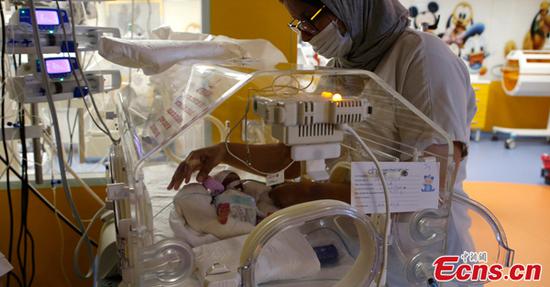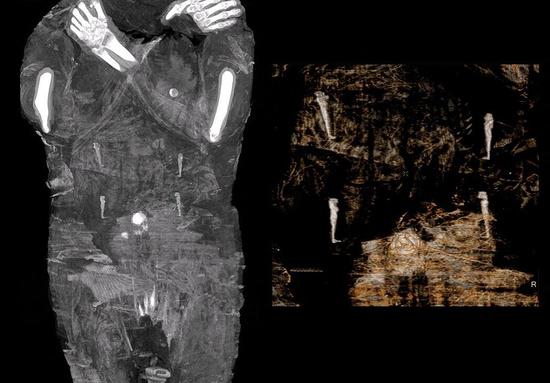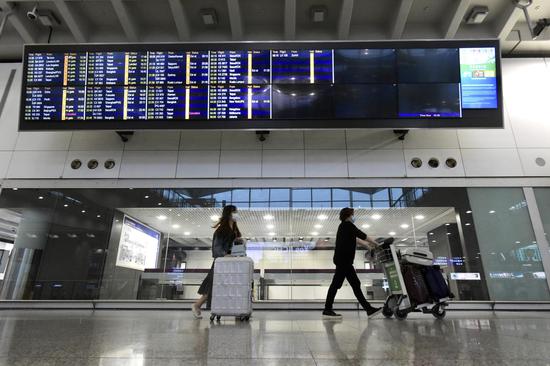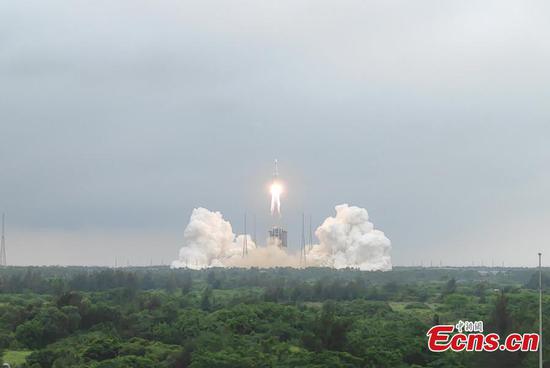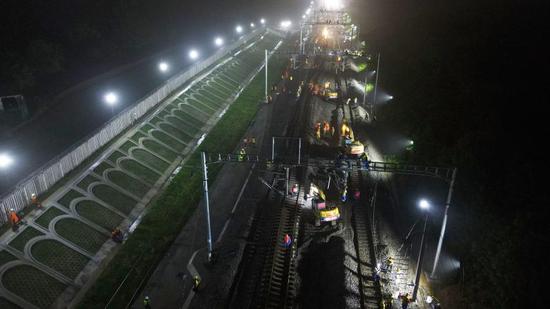Initial jobless claims in the United States dropped to 498,000, a new low since the COVID-19 pandemic ravaged the labor market early last year, the Labor Department reported on Thursday.
In the week ending May 1, the number of Americans filing for unemployment benefits decreased by 92,000 from the previous week's upwardly revised level of 590,000, according to a report released by the department's Bureau of Labor Statistics.
This is the lowest level for initial claims since March 14, 2020 when it was 256,000, the report noted.
The four-week moving average, a method to iron out data volatility, decreased by 61,000 to 560,000.
The latest report also showed that the number of people continuing to collect regular state unemployment benefits in the week ending April 24 increased by 37,000 to reach 3.69 million.
Meanwhile, the total number of people claiming benefits in all programs -- state and federal combined -- for the week ending April 17 decreased by 404,509 to 16.16 million, as the country continues to grapple with the fallout of the pandemic.
Last spring, as COVID-19 shutdowns rippled through the workforce, initial jobless claims spiked by 3 million to reach a record 3.3 million in the week ending March 21, 2020, and then doubled to reach a record 6.87 million in the week ending March 28.
After that, the number, though among record highs, has been declining overall, but the trend was reversed multiple times amid a resurgence of COVID-19.











